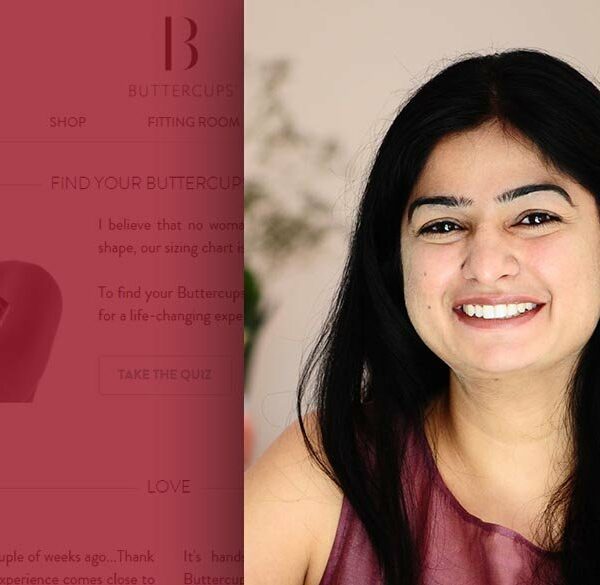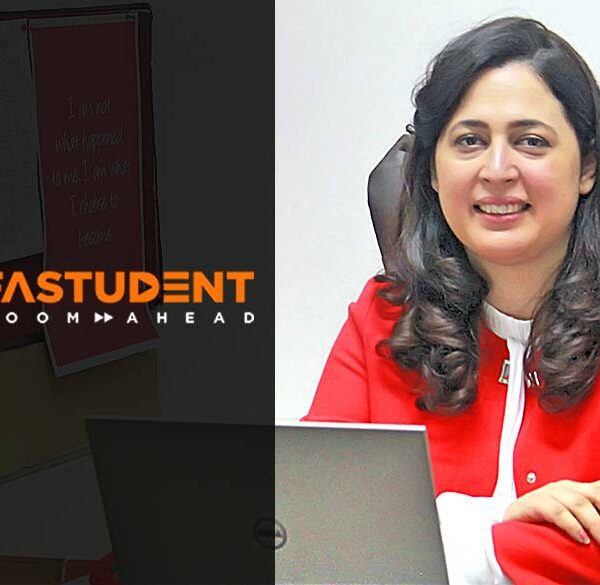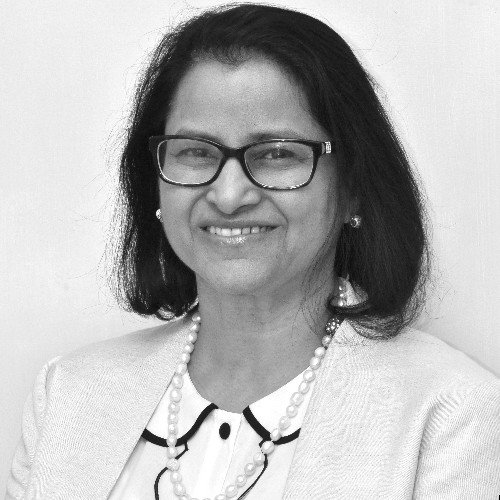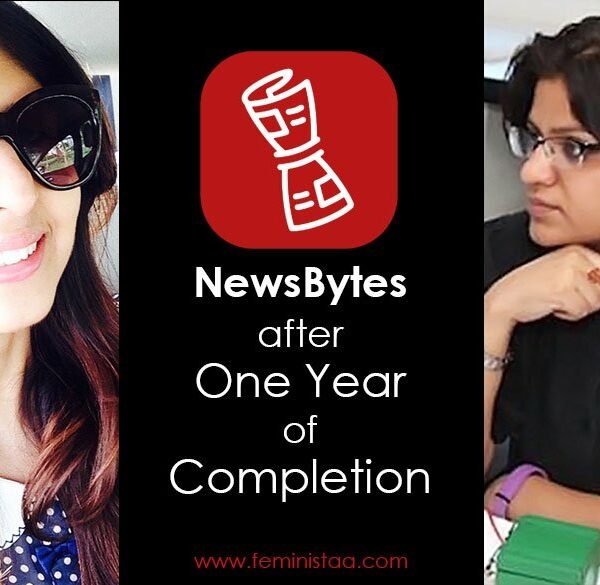Fragmented emotions bound together form the human psyche. These emotions, usually generated from the belief system, develop in the formative years of a person’s existence. The belief system consists of parents’ beliefs, followed by the child’s own observation, education, and experience. Every emotion is generated as a response to a situation’s impact on our belief system.
Guilt, as a feeling, originates when a person does something, consciously or unconsciously, against one’s belief system. While some of these actions might not necessarily be ‘wrong’ as per others, they impact a person’s psyche in equal measures as a universal wrong would do. And that’s why sometimes it becomes really difficult for a person to get out of this feeling of guilt because one can’t find ways to cope with it.
Dr. Nisha Khanna, a counselling psychologist and certified EQ coach, elaborates, “Guilt is something that comes to you when you go against your belief system. Take the example of the movie “The Dirty Picture”; the main character (based on the life of Silk Smitha) belonged to very basic family background. Being an ambitious woman, when she entered the entertainment industry, she did not care about the means that she was using to get success. But after a certain point in time, her conscience did not let her see her reflection in the mirror. That came from the guilt she was feeling within.”
Dr. Neelam Mishra, a clinical psychologist at Sir Gangaram Hospital in Delhi, adds that people with low EQ (emotional quotient) and self-confidence go through frequent episodes of the feeling of guilt.
Why embracing guilt as an emotion is important
Guilt, when escalated can result in several other psychological conditions like anxiety and depression and can prompt a person to indulge in self-harm. It is therefore important to nip the feeling in the bud before it turns into something serious.
Dr. Khanna says that to heal, the primary step is to accept that you have made a mistake. “We should feel each and every emotion and not suppress them. The complete evolution of a human happens only when one learns to embrace all the emotions.”
Dr. Mishra elaborates that it is important to rationalise the emotion of guilt and for that, a person should be comfortable in questioning oneself as to why and under what circumstances they made the mistake they are repenting for now. Only after that one can work towards neutralising that emotion.
How to deal with the guilt and overcome it
Psychologists use the ABCD technique of cognitive behavioural therapy (CBT) to address cases of people coming to them with feelings of guilt and related problems, shares Dr. Khanna.
“In the ABCD model, ‘A’ stands for ‘Antecedent’ or ‘Action’, that triggers the feeling of stress or guilt. ‘B’ stands for ‘Belief’, wherein the belief system of a person comes in play in elaborating why the person feels that certain act was faulty. ‘C’ stands for consequences, which are a result of your belief system and not the action itself. So, a person will feel guilty only if one’s belief system defines certain action as a mistake. ‘D’ is for dispute, wherein we encourage the person to fight with the unhelpful thoughts that are triggering the sense of anxiety and prompt one to take actions that can help them ventilate their feelings and eventually get over them,” she explains.
She cites an example of a patient of hers who was feeling guilty because contrary to what her family taught her was wrong, she started having a non-vegetarian diet. While the act itself was not a grave mistake, her belief system made her feel guilty.
There are many similar instances when people start feeling guilty about situations which are out of their control. For example, not being able to answer a friend’s distress call because they were busy elsewhere or being happy when a close one is sad.
To this, Dr. Mishra says, “One has to rationalise and neutralise the emotion and accept the reality that they can’t be Omnipresent, they have some other places to be presented at the same moment, which needs their primary attention more. One has to understand the importance of self and should prioritise the area of their presence by giving importance to self.”
She adds, “To neutralise the emotion one can say to self, ‘I did what was best of my ability and it’s not possible to be available for everyone everywhere’.”
Yes, everyone makes mistakes, and sometimes they don’t even have an option to do the right thing, but continuously bogging oneself down is not a solution. It is important that you take the necessary action to fight this feeling of guilt. Embrace it, sit with it, cry it out, empathise with yourself, apologise, make yourself feel better. You will have to love yourself, only then you can love others and be good to them.












